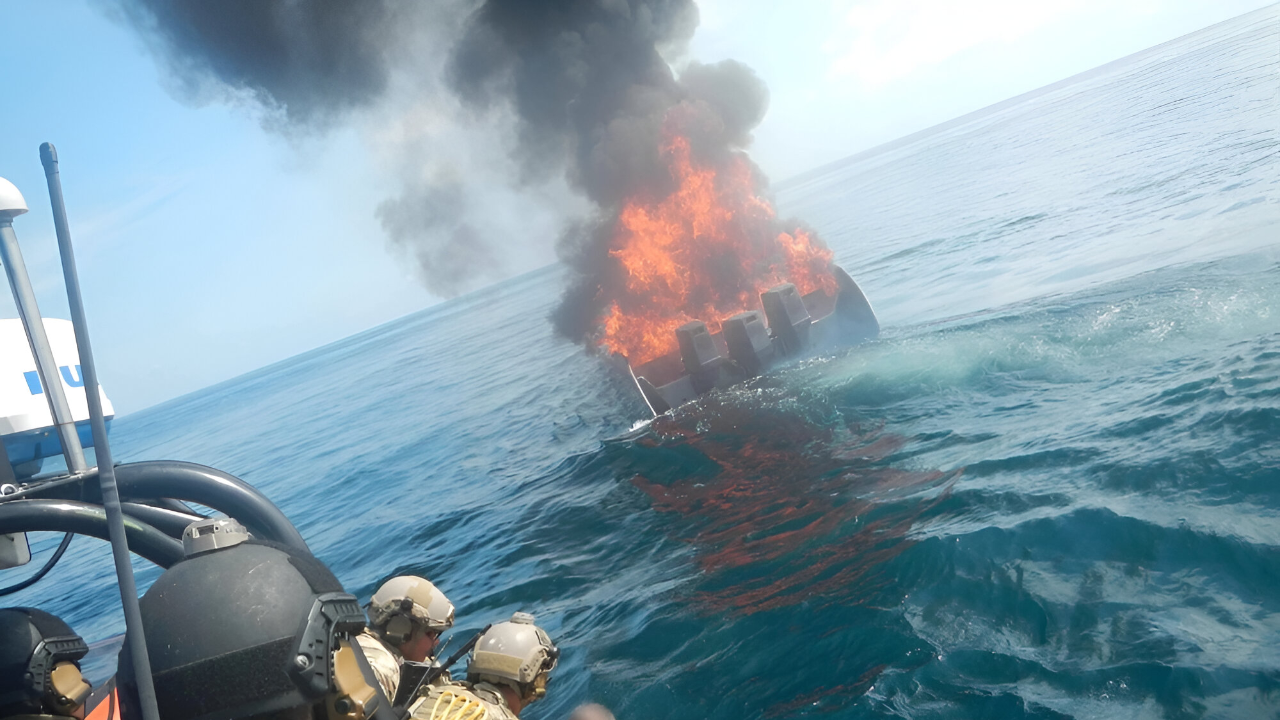
On October 21–22, 2025, the United States military escalated its anti-drug operations by targeting two alleged smuggling vessels in the East Pacific. This operation represents the ninth military strike since September, indicating a significant shift in the U.S. approach to combating drug trafficking.
With increasing risks to regional stability and questions surrounding international law, this operation is raising alarms worldwide. The strikes have resulted in a growing death toll and have intensified discussions among lawmakers and foreign governments about the implications of military intervention in drug-related conflicts.
Rising Death Toll and Broader Campaign

Since the expansion of the U.S. anti-drug efforts, at least 37 deaths have been recorded across nine strikes, raising grave concerns about the human cost of the campaign. Officials within the Trump administration have escalated their rhetoric, dubbing the fight against drug cartels an “armed conflict.”
This designation has drawn critical scrutiny from lawmakers and international observers, who are wary of its implications for U.S. foreign policy. As the campaign extends from the Caribbean into the Pacific, the potential for collateral damage and long-term regional repercussions continues to raise ethical and diplomatic concerns.
Historical Context of Anti-Drug Operations
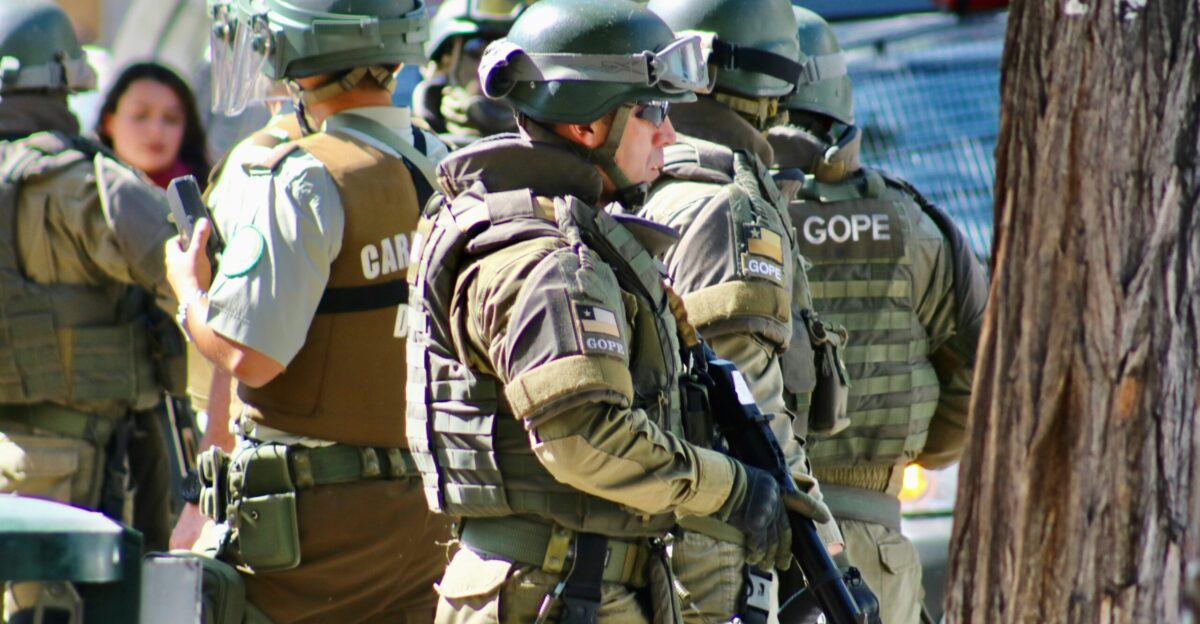
The United States has long been involved in military actions to counteract drug trafficking, dating back several decades. However, the current army campaign marks the first time since 1989 that such airstrikes have been publicly acknowledged in Central or South America.
The renewed military focus emerged in late August 2025 with the deployment of Navy warships to combat drug cartels operating in established smuggling routes. This historical precedent sets a concerning trajectory for U.S. involvement in foreign countries, potentially redefining the nature of contemporary foreign policy.
Drivers of Escalation

The recent strikes stem from years of growing frustration over prevalent drug trafficking routes that intersect through the Caribbean and into the Pacific. Lawmakers and security officials highlight the increasing dangers posed by the influx of fentanyl and cocaine entering U.S. and European markets as crucial factors driving this escalation.
The Trump administration’s ongoing concern regarding narcotics is not simply about enforcement but represents a strategic interest in curbing transnational organized crime that threatens public safety and national security. Such concerns serve as a backdrop to the military’s operational decisions.
Deadly Pacific Strikes
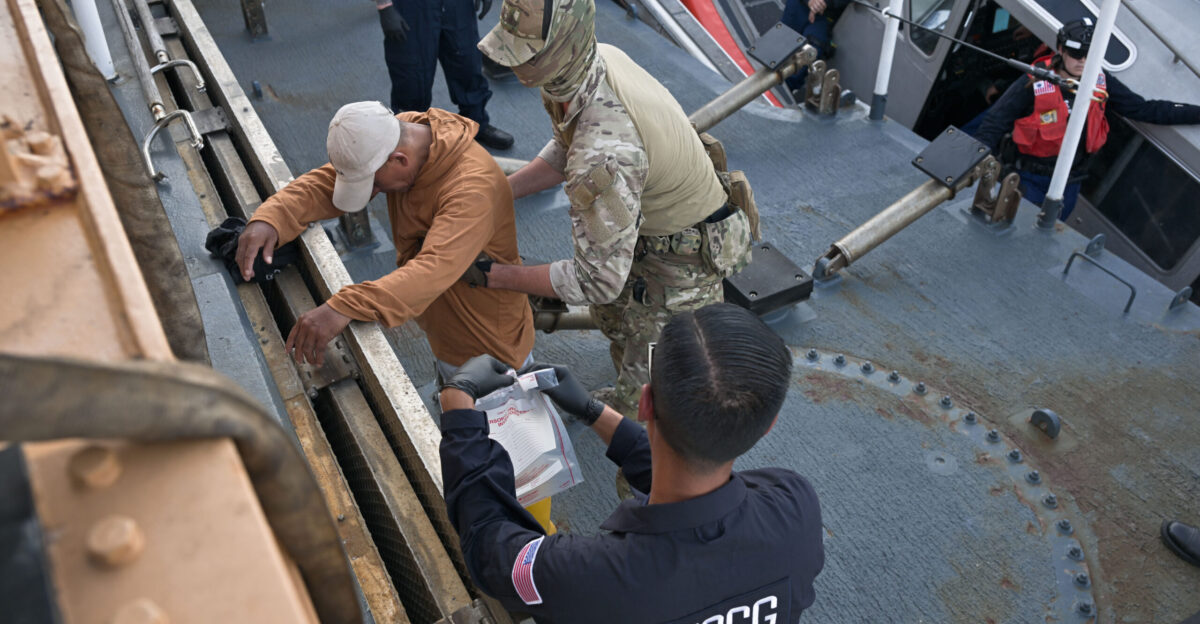
In the deadly strikes of October 21–22, 2025, the U.S. military targeted two vessels off the coast of Colombia, resulting in the deaths of five individuals. Defense Secretary Pete Hegseth confirmed that these ships were operated by a designated terrorist organization actively engaged in narco-trafficking activities.
The characterization of these individuals as threats justifies military action under current U.S. policy, marking a consequential moment in how the nation addresses drug-related violence. Critics, however, question the ethics of using lethal force, raising concerns about accountability and effectiveness in combating drug trafficking.
Colombian Response to Strikes

The robust military action in the East Pacific has prompted sharp responses from Colombia’s government. Colombian President Gustavo Petro condemned the strikes, asserting that engaging in killings during interdiction operations crosses a moral line, equating it to murder.
This perspective emphasizes the dire implications of U.S. military engagement for local communities, which face increasing violence and instability as a direct consequence. With Colombia positioned as a key player in the narco-trafficking landscape, the implications of such military actions extend beyond immediate security, threatening diplomatic relations and regional stability.
The Human Toll of Military Action
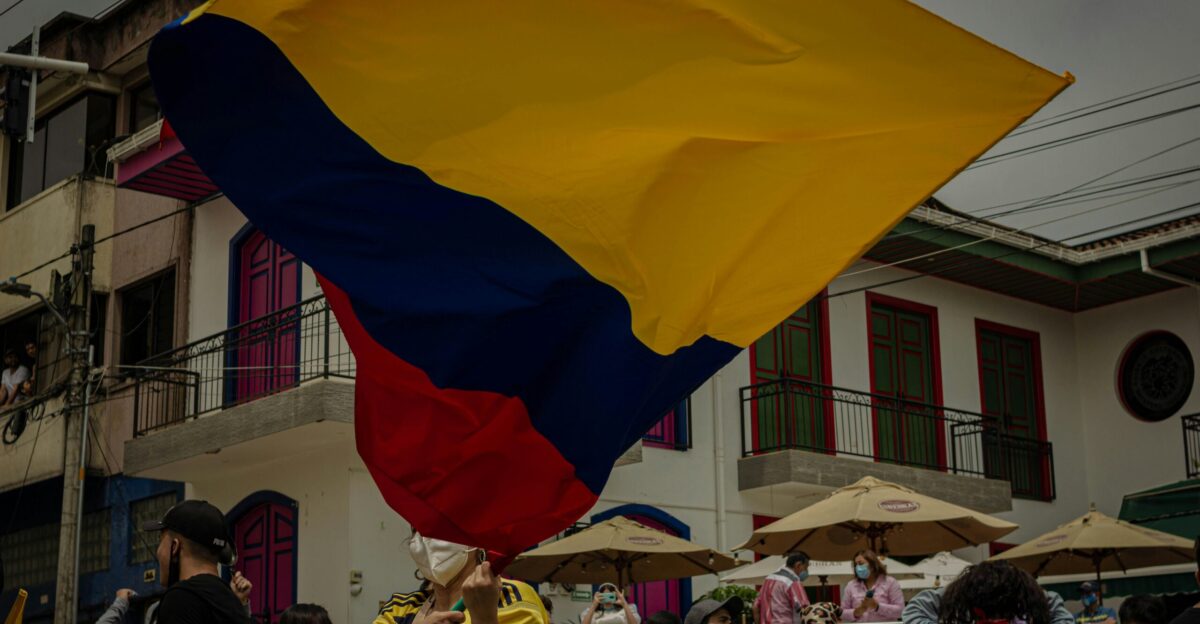
Communities in Colombia and Venezuela are grappling with the emotional aftermath of the military strikes, mourning the loss of life as casualties continue to accumulate. Reports indicate a cumulative total of at least 37 deaths linked to U.S. military activities since September.
“Sinking the boat saved American lives,” remarked Republican Senator Bernie Moreno, reflecting a broader belief among some lawmakers regarding justifying the campaign. Nevertheless, human rights advocates and critics question the moral and humanitarian implications of such military strikes, underscoring the necessity for accountability and alternative strategies in addressing drug trafficking.
Calls for Oversight and Accountability

In response to intensified U.S. military operations, Senators Adam Schiff and Tim Kaine introduced a War Powers Resolution aimed at restricting future strikes without congressional approval; however, it narrowly failed in the Senate.
The conversation surrounding oversight is gaining traction, with lawmakers from both parties pressing for greater legal justification and transparency regarding the operations. Critics voice concerns about the potential for unchecked executive authority, urging the need for legislative safeguards to ensure that any military action aligns with both domestic and international law, thereby preserving democratic accountability.
A Shift in Perspective on Cartels

The current U.S. strategy culminates in classifying cartel members as “unlawful combatants,” a classification that parallels post-9/11 wartime powers. This reclassification grants the U.S. military broader authority to deploy lethal force and detain suspects without trial, sparking profound concerns about due process and the limits of executive power.
Supporters argue that this designation is crucial for effectively combating organized crime. At the same time, critics contend it undermines legal principles and brutalizes policy approaches, raising contentious debates surrounding the ethics of warfare versus law enforcement in narcotics policy.
Legal Controversy Surrounding Operations

Legal experts and human rights organizations have voiced significant concern regarding the legality of the ongoing military campaign against cartels. The Trump administration has not adequately disclosed the methods used to determine cartel affiliations or the criteria for targeting individuals within their networks.
This lack of transparency raises critical questions about adherence to both U.S. and international law. Such ambiguities complicate the moral and ethical landscapes surrounding military interventions in drug-related conflicts, fostering ongoing disputes about justice, oversight, and human rights.
Frustrations within the Pentagon

Amid growing tensions and criticisms, Pentagon officials have thus far refrained from providing a definitive list of designated terrorist organizations involved in drug trafficking. This lack of clarity has left many lawmakers dissatisfied as they seek transparency regarding the underlying motivations for military operations.
“We can’t risk American sailors or violate international law,” expressed Senator Mark Warner, encapsulating the concerns surrounding adherence to established norms and regulations in foreign military engagements for the sake of drug enforcement. Such concerns underscore the complicated implications of military actions in addressing global drug trafficking.
Decision-Making Dynamics

The dynamics surrounding the decision to escalate military intervention are underscored by the role of the Homeland Security Council, led by Stephen Miller. Reports suggest that many White House officials were only informed about the strikes mere hours before their execution.
With such rapid-fire decision-making come critical challenges relating to strategy coherence and the overarching objectives of U.S. operations against drug cartels. The question remains whether this approach will yield the desired outcomes or lead to greater instability in affected regions.
Plans for Escalation

In light of notable criticism surrounding operational effectiveness, the Trump administration has hinted at potentially expanding military operations to land-based targets. President Trump publicly announced intentions to pursue further strikes, signaling a marked willingness to escalate beyond maritime interdictions.
Such a pivot encapsulates the administration’s broader militaristic approach, raising alarms about possible repercussions for regional dynamics and the humanitarian consequences that may unfold as military activities intensify in drug-contested areas.
Expert Insights on Military Actions
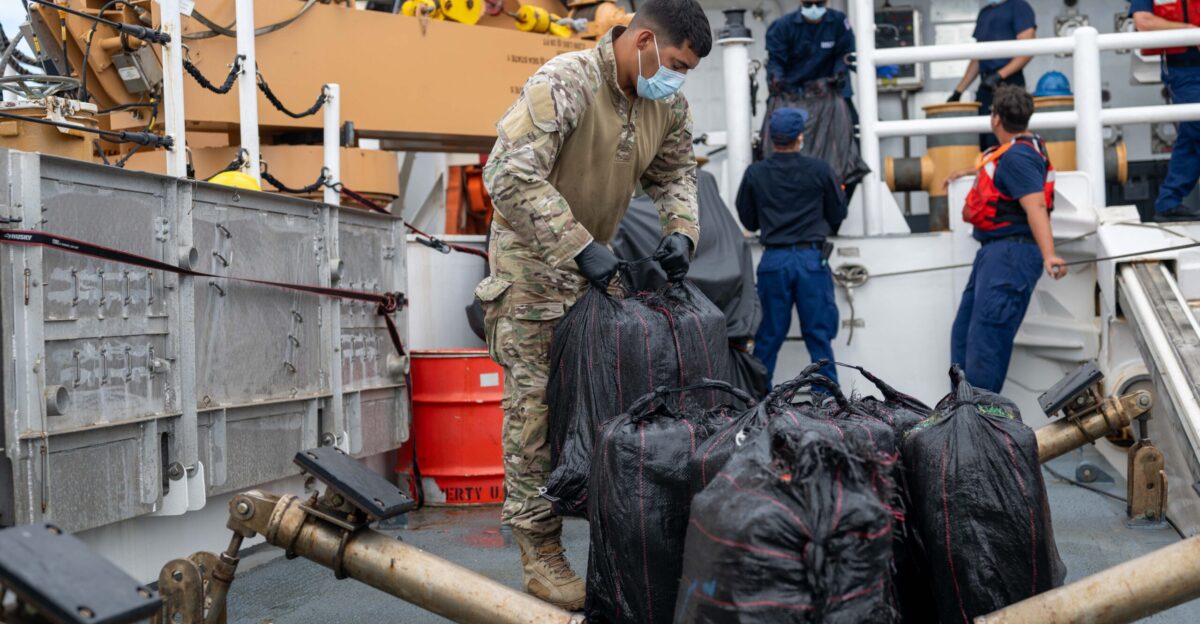
Political analyst Peter Feaver offers a compelling perspective, noting that while past administrations contemplated military force in the war on drugs, Trump’s second term has led to unprecedented execution of such strikes.
Analysts caution that this aggressive posture could foster motives for regime change and destabilize the region, complicating U.S. interests in securing democratic governance and humanitarian integrity in participating nations. This shift asserts a transformational ambiguity in U.S. foreign policy, warranting scrutiny from both observers and advocates.
Future Uncertainties in Campaign Strategy
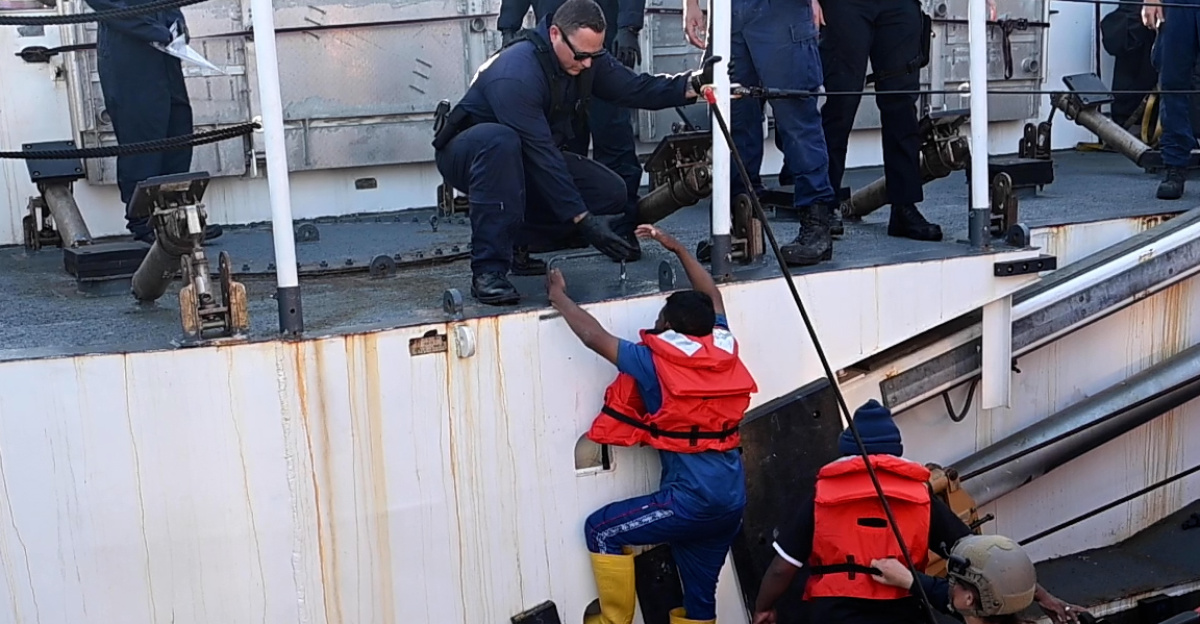
As the campaign unfolds, its future trajectory remains uncertain. Lawmakers and foreign leaders are engaged in heated discussions about whether the escalated military actions will effectively mitigate drug trafficking or instigate further chaos and conflict in the region.
The outcomes hinge on widespread congressional oversight and international reactions to U.S. military maneuvers. Ultimately, an appropriate balance must be struck between national security interests, humanitarian considerations, and adherence to the rule of law in pursuing the complexities of the drug trade.
Public Opinion and Misinformation

Public sentiment regarding the anti-drug campaigns varies widely, with some citizens supporting military actions for perceived security benefits. In contrast, others voice concerns over the potential for civilian casualties and long-term ramifications.
Misinformation regarding the impacts of military strikes on drug trafficking dynamics further complicates the discussion, making it vital for lawmakers to engage constituents and gauge the broader implications of these decisions. Social media platforms play a significant role in shaping public opinion, urging proponents of transparency to bridge gaps in communication between the government and the public.
Local Communities’ Perspectives

Voices from local communities reflect the complex reality of military interventions. Farmers and residents in affected areas often express deep concern about the collateral damage and the resulting chaos caused by military operations. “The strikes do little to address the root causes of drug trafficking while endangering innocent lives,” one local farmer lamented.
Such testimony underscores the need for comprehensive strategies that prioritize community safety and well-being while effectively curbing drug-related violence, shifting the focus from a solely militaristic approach to more inclusive, multi-faceted solutions.
Diplomatic Repercussions
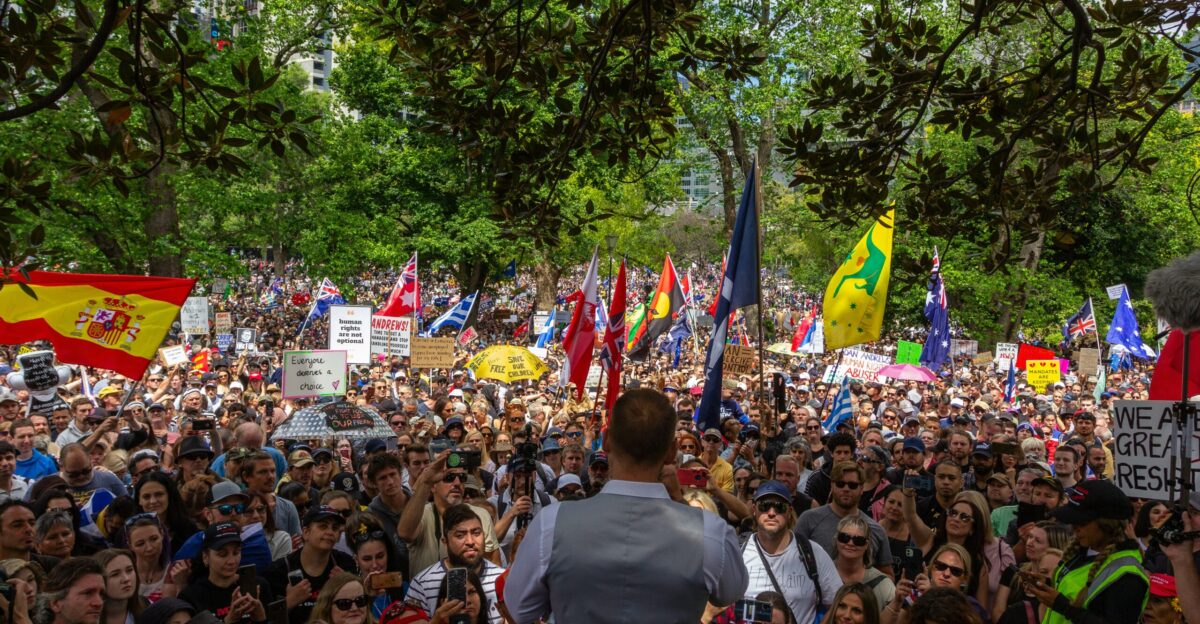
The U.S. military’s aggressive anti-drug operations could yield significant diplomatic repercussions in its relationships with Latin American nations. Colombia, a crucial ally, expresses grave concern over U.S.-led military strikes, fearing a detachment from cooperative approaches and an increase in domestic instability.
As tensions rise, diplomatic relations may strain, challenging the scope of bilateral engagement and cooperation on security and anti-drug initiatives. Future dialogues must evolve to foster mutual understanding and collaboration, striking a balance between U.S. interests and the autonomy and rights of partner nations.
Broader Implications for U.S. Military Policy

The ongoing military campaign against drug cartels in the Pacific raises critical questions regarding the broader implications for U.S. military policy and geopolitical influence. The delineation of cartels as “unlawful combatants” blurs traditional legal frameworks and introduces complexities in addressing interstate challenges.
Considerations of international law, human rights, and ethical diplomacy also come into play as the U.S. navigates its role as a global leader. Reflecting on these actions, stakeholders must thoughtfully assess the long-term consequences of military deployments in pursuit of stabilizing drug-affected regions.
The Way Forward

As the military campaign unfolds, finding a balance between security efforts and humanitarian considerations will be paramount. Congressional oversight, transparency, and cooperation with affected communities are vital to crafting an effective response to drug trafficking that resists reliance on military force.
Future assessments must consider not only the political and military dimensions but also the human costs and regional stability implications of pursuit initiatives. Ultimately, a comprehensive approach focusing on diplomacy, community engagement, and law enforcement could pave the way for more sustainable solutions to the complex drug trafficking crisis facing the U.S. and its partners.